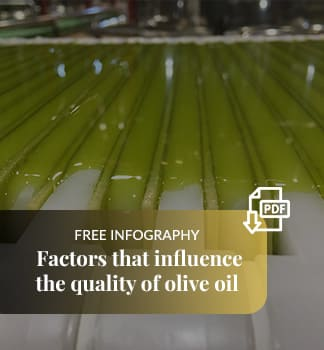The nutrition researcher from Brown University and founder of the Olive Oil Health Initiative, Mary Flynn, has highlighted the extraordinary effects of olive oil, based on a comprehensive analysis of existing studies. Flynn emphasizes the positive impacts of phenols in Extra Virgin Olive Oil, underscoring their effectiveness in managing diseases such as cardiovascular and diabetes. These findings were reported by National Geographic magazine.
Selina Wang, a specialist in food sciences from the University of California in Davis and former research director of the Olive Center, emphasizes the antioxidant and antimicrobial properties of the phenols in Extra Virgin Olive Oil. Wang compares Extra Virgin Olive Oil to orange juice, noting that both are natural juices, but olive oil must undergo quality tests that include sensory evaluations.

Furthermore, Susana Romera, technical director of the ESAO, points out that the spicy and bitter tastes of Extra Virgin Olive Oil are positive attributes, indicating a high content of antioxidants and phenols. She also stresses the importance of cold pressing in olive oil production to preserve its antioxidants, aromas, and fruity flavor.
A lower incidence of various diseases is observed in regions where the Mediterranean diet, rich in Extra Virgin Olive Oil, is predominant. Many experts attribute this trend to the significant role played by regular consumption of this type of oil.
Let's hope that we can convey to the end consumer and the entire food chain the benefits that the increased consumption of one of the healthiest fats currently available, yet the least consumed, represents for the global population, ends up saying Susana Romera.
Stay informed about olive oil trends to adapt to market changes and capitalize on opportunities.
.png)






